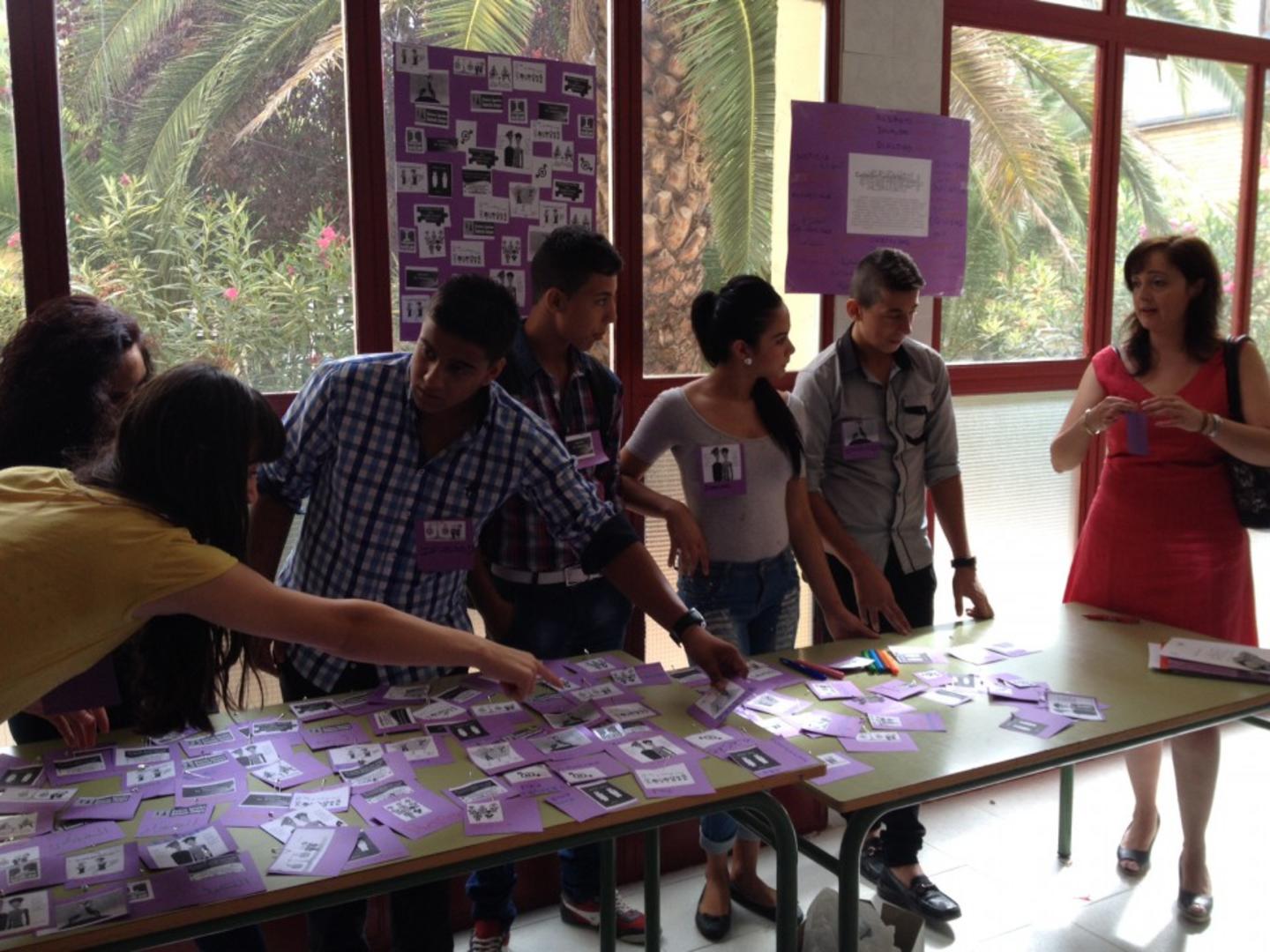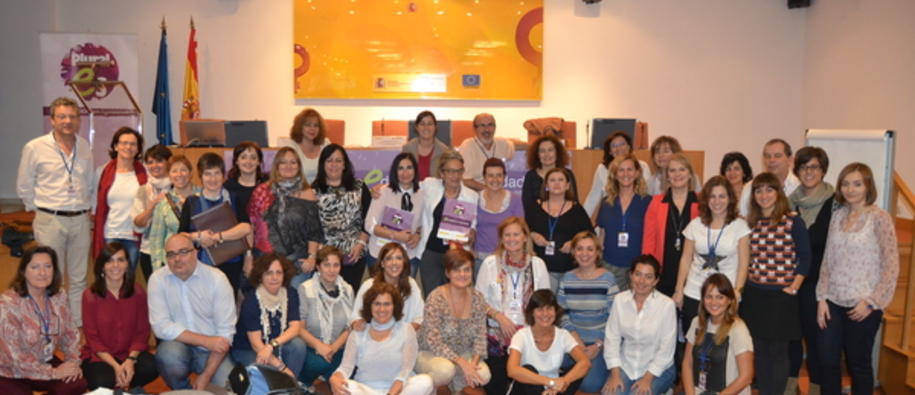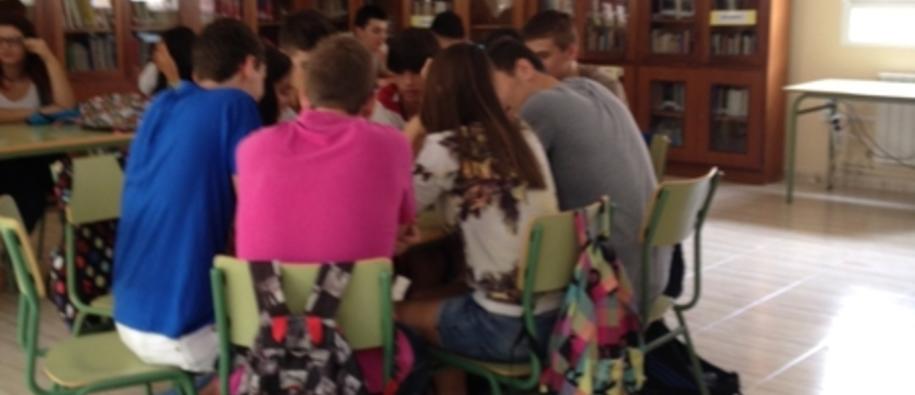The Spanish government has taken significant steps to reduce gender inequality during the last decades, including the introduction of a ‘non-discrimination’ article in the Spanish constitution and corresponding laws to reinforce equality. However, ranked 29th in the recently published World Economic Forum’s 2014 Gender Gap Report, Spain still has room for improvement. In terms of economic participation and opportunities, the report lists Spain as 88th out of 142 countries, making it one of the lowest ranking countries for gender equality in the European Union.
With the help of Iceland, Liechtenstein and Norway through the Spanish ‘Gender equality and work-life balance’ programme, the Spanish ‘Women’s Institute’ has taken the fight for gender equality to schools. Through the project, the Women’s Institute aims to influence children’s social development by providing schools with the necessary tools to develop and implement equality plans in their education programmes.
Schools as stakeholders
The societal change necessary for increased equality does not only occur through improved regulatory frameworks – the cultural and social factors form an integral part as well.
“The roles and gender stereotypes that guide the attitudes and behaviours of women and men are acquired during socialisation processes and are transmitted from generation to generation,” explains Caroline Suárez García from the Spanish Women’s Institute. Recognising the essential part education plays in supporting children through these processes, García and her colleagues have chosen to focus on schools.
“The first socialization occurs at home and then at school. The influence of education in the process of forming a more equal society is undeniable,” says García.
A new model
In order to design a new approach, an analysis of the Spanish educational system and the relevant regulatory frameworks was conducted. The analysis also looked at best practice in other countries across the European Union. Based on these findings basic teaching guidelines were drawn up to incorporate an equality focus in school curricula.
Engaging students
Eight schools were selected to participate in the project. All teachers participating in the project received comprehensive training in how to include gender perspectives in their classrooms.
Working through various exercises, the teachers engaged students in open discussions and debates on gender roles and stereotypes. One activity involved the analysis of the biographies of three famous individuals: a driver, a writer and a swimmer. “The students had to guess whose biographies they were discussing,” explains García, “the vast majority of them said they were men and were very surprised when they found out that they were women.”
The project also includes workshops specifically designed for children from minority groups, including Roma children and immigrants. In these workshops, the children participate in conversations in smalls groups about cultural topics that traditionally have provoked gender inequalities between men and women.
Visions for the future
Designed as a pilot, the project will be evaluated to assess its impact. Once finalised, the project’s results will be presented to the educational community through a set of conferences and an international seminar. The implementation of the model is on-going and has been well received.
“Children have participated with remarkable enthusiasm, as well as families and teachers who have played an important role in the development of the project,” says García who hopes that the project will have a long-lasting impact on the educational system and contribute to a future where equal opportunities are ensured for all students, irrespective of gender.
Iceland, Liechtenstein, and Norway contribute € 858 500 to this project.
Read more about the Spanish ‘Gender equality and work-life balance’ programme


